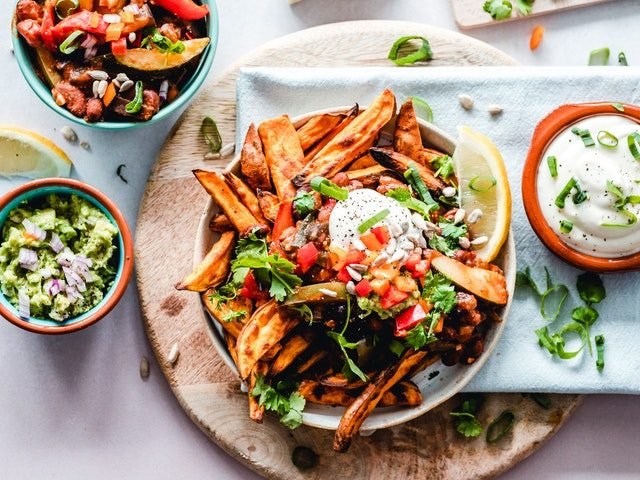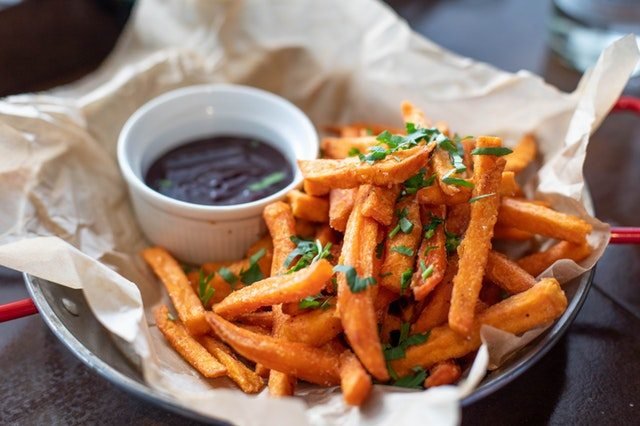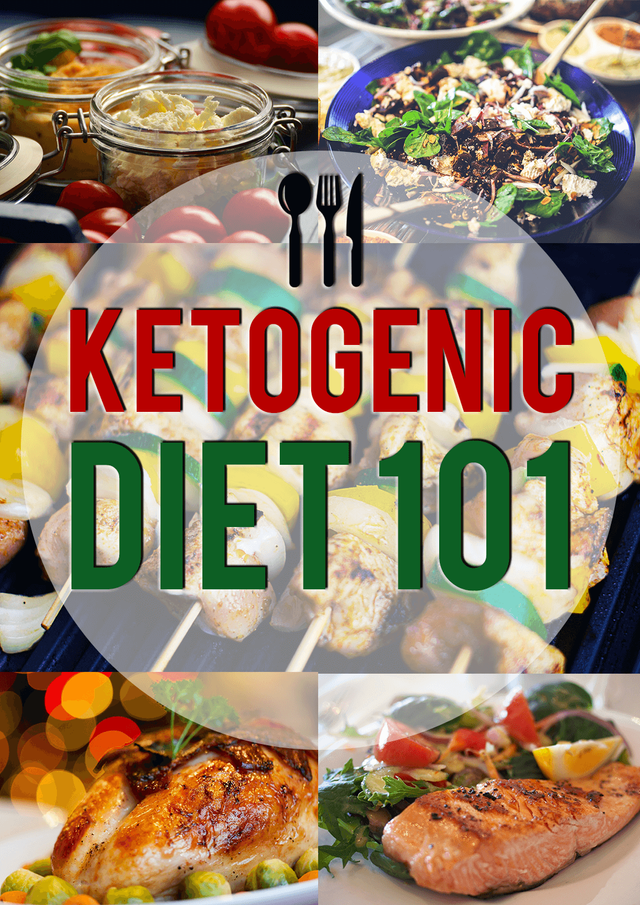4 Days Until Ketosis | Ketogenic Diet 101

It's doable
Some people love it and some people hate it. Personally, I find that nutritional ketosis is almost ideal for me, whereas "normal" eating with lots of carbs in my diet leads to feelings of non-satiety, drowsiness, mood swings, insulin spikes, bloating, and sometimes nausea.
A ketogenic diet consists of 70-80% calories from fat, 15-25% calories from protein, and 0-5% calories from net carbohydrates (carbs).
You must restrict your daily net carbs to 20-40g daily.
(total grams carbs) - (grams fiber) = (net grams carbs)
Your transition period depends on a few factors: how strictly you limit your carbohydrate intake, how much energy you expend day-to-day, and how much energy in the form of glucose and glycogen you have stored in your body currently. My transition period takes 3 days.
Day 1:
This is an easy day. Your blood is still filled with circulating glucose, and any deficit will be taken from the glycogen in your liver to be converted to glucose. You may feel hunger pangs by the afternoon, and a small dip in insulin, which will feel normal to you because this is what happens every day on a normal diet and you are used to it.
Day 2:
This is an easy day, too. Your body is happily pulling glycogen from your liver, converting it to glucose, and all is well. Any small amount of carbs that you consume are burned away, nothing is being stored. You may feel the typical afternoon slowdown and hunger, as on day 1.
Day 3:
Hard day. Your body has been (or is nearly) depleted of glucose and glycogen. The small amount of carbs that you consume are not enough to fuel your brain. You have a feeling of satiety from all the fat you are consuming, but you may feel achy, have headaches, and feel sluggish. Your body is alerting you to the lack of glucose and glycogen. It will turn to your fat stores shortly, and begin using ketones for its fuel. You have to make it through this day, otherwise you will "relapse" and never achieve ketosis.
Day 4:
KETOSIS! Congratulations. The fat you consume will continue to impart feelings of satiety. Feelings of hunger will diminish significantly. When you are hungry, you will not feel "hunger panic". Your energy levels will be the same throughout the day, because your body has a huge reservoir of fat (hips, thighs, belly, etc.) from which to pull ketones, and therefore your insulin will remain level without any spikes. Any aches, headaches, sluggishness, etc., should dissipate completely.
NOTE: You must drink huge amounts of water from now until the day you die (or stop being in ketosis). There is a scientific reason. Normally, when glucose is converted to glycogen in the liver it will bond with water molecules resulting in a generally more "hydrated" body. However, fat does not bond with water, which means when you are in a state of ketosis your body will not be retaining water the same way and your body will be less hydrated. YOU NEED WATER for all of the processes in your body, including breaking down fat molecules into their usable and discarded parts. Do not undermine all of your efforts by drinking too little water. Shoot for 90-100 oz per day.

CHALLENGES
The hardest part (for me) is limiting my protein consumption. Our bodies can turn protein into glucose through a process known as gluconeogenesis. So eating excess protein would impact the body's ability to consistently create ketone bodies because "glucose" would still be readily available. Fluctuating between glucose production and ketosis simply extends your "Day 3" experience indefinitely. No thanks!
Eating out can be tricky, but simply plan ahead. Restrict your carbs aggressively throughout the day to accommodate unexpected carbs at the restaurant. Select items high in fat (of course), and don't be afraid to add fat to achieve the ratio you want. For example, extra aioli with your calamari instead of marinara sauce. Extra blue cheese dressing on your hot wings. More dressing on your salad, with a side of avocado.
And that's what it's like!
Get your free Ketogenic Diet 101 Ebook here
